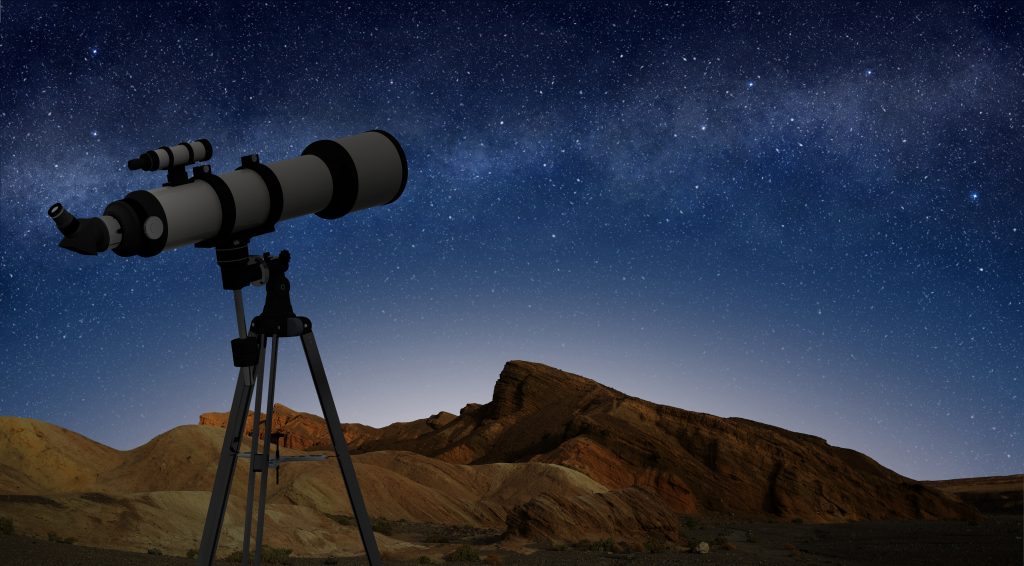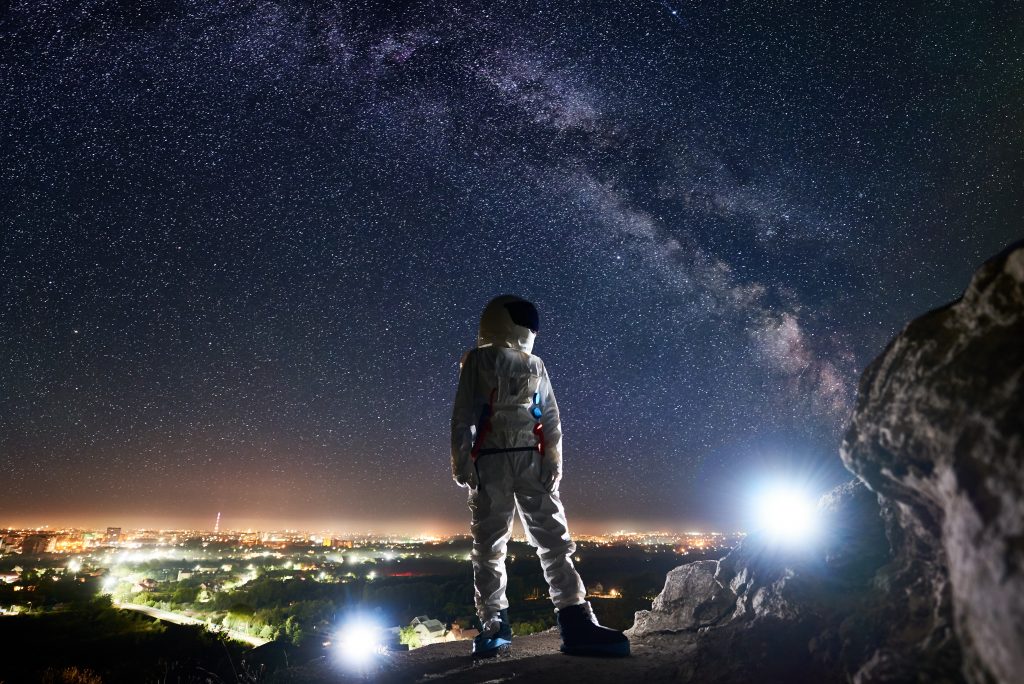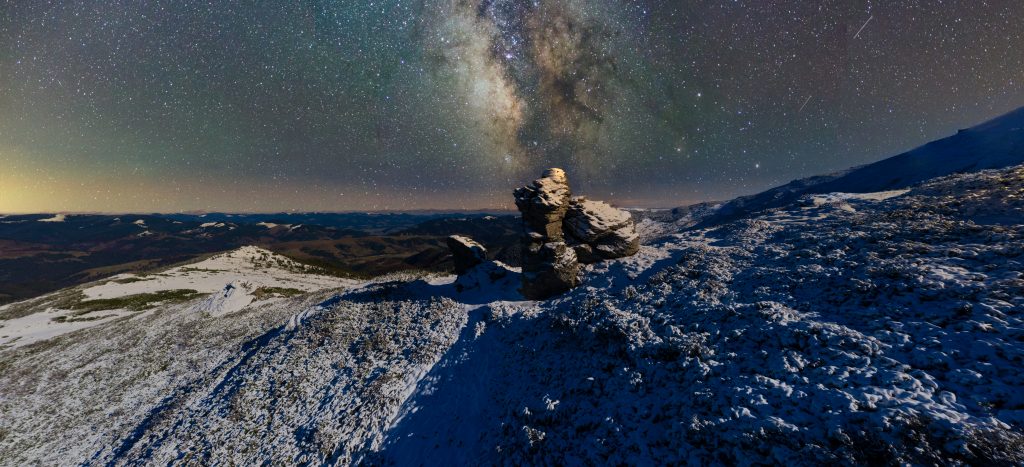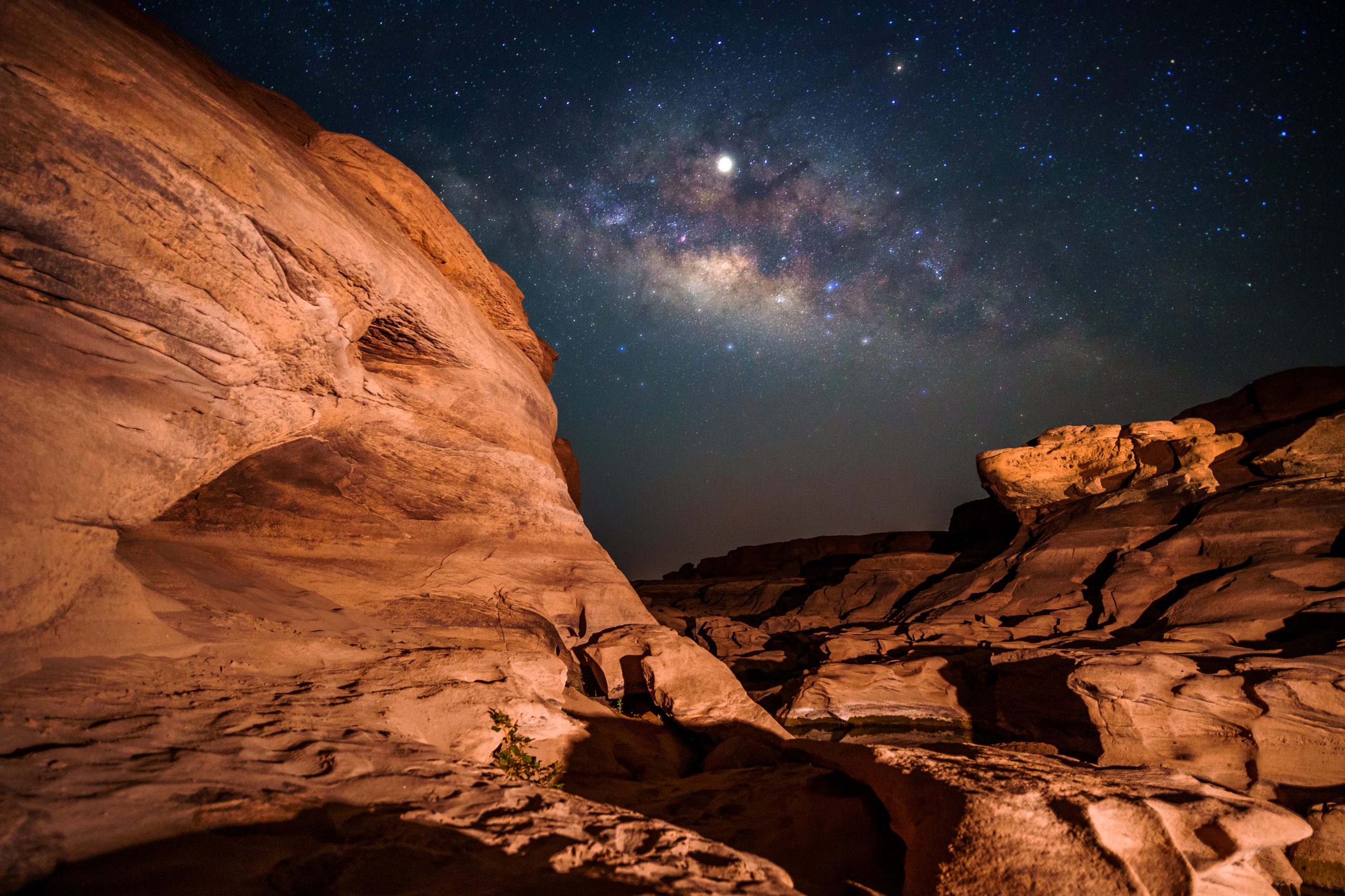Space research, the scientific study of phenomena beyond Earth, has captivated human imagination and driven technological advancements for centuries. From early astronomical observations to modern-day space missions, the quest to understand the cosmos has transformed our knowledge and capabilities.
The earliest records of space research date back to ancient civilizations.

The Babylonians, Egyptians, and Greeks made significant contributions to early astronomy. The Babylonians developed a rudimentary form of celestial navigation, while the Greeks, particularly Ptolemy, created complex models to describe planetary motions. In the 16th century, Nicolaus Copernicus revolutionized astronomy by proposing a heliocentric model, placing the Sun, rather than Earth, at the center of the universe.
The invention of the telescope in the early 17th century by Galileo Galilei marked a major advancement in space research. Galileo’s observations, such as the moons of Jupiter and the phases of Venus, provided strong evidence for the Copernican model. The subsequent work of Johannes Kepler and Isaac Newton laid the foundations of celestial mechanics, explaining planetary motions and the force of gravity.
The mid-20th century ushered in the Space Age, characterized by rapid advancements in rocket technology and space exploration. The launch of Sputnik 1 by the Soviet Union in 1957 marked the first artificial satellite to orbit Earth, igniting the space race between the USSR and the United States. In response, the U.S. established NASA in 1958, leading to a series of groundbreaking missions.

In 1961, Yuri Gagarin became the first human to travel into space, orbiting Earth aboard Vostok 1. This historic achievement was followed by a series of manned missions, culminating in the Apollo program. In 1969, Apollo 11 landed the first humans on the Moon, with astronauts Neil Armstrong and Buzz Aldrin taking humankind’s first steps on the lunar surface. The Apollo missions not only advanced human spaceflight but also provided invaluable scientific data about the Moon.
The development of space stations allowed for extended human presence in space. The Soviet Union’s Salyut and Mir stations, followed by the International Space Station (ISS), enabled astronauts to conduct long-term scientific research in microgravity. The ISS, a joint effort by NASA, Roscosmos, ESA, JAXA, and CSA, has been continuously inhabited since 2000, serving as a platform for international collaboration and scientific discoveries.
Robotic missions have played a crucial role in exploring our solar system. NASA’s Mariner, Viking, and Voyager missions provided detailed data about planets and moons. The Hubble Space Telescope, launched in 1990, revolutionized our understanding of the universe with its stunning images and discoveries. Mars rovers, such as Spirit, Opportunity, and Curiosity, have explored the Martian surface, searching for signs of past life and studying the planet’s geology.

As we look to the future, space research continues to push the boundaries of what is possible. The advent of private space companies, such as SpaceX and Blue Origin, has reinvigorated interest in space exploration. Planned missions to the Moon, Mars, and beyond aim to establish sustainable human presence and further our understanding of the cosmos. The James Webb Space Telescope, set to launch soon, promises to unlock new mysteries of the universe with its advanced capabilities.
The history of space research is a testament to human curiosity, ingenuity, and the relentless pursuit of knowledge. From ancient astronomers to modern-day scientists and explorers, each generation has built upon the discoveries of the past, propelling us closer to unraveling the mysteries of the universe. As we venture further into the cosmos, the legacy of space research will undoubtedly continue to inspire and transform our world.














